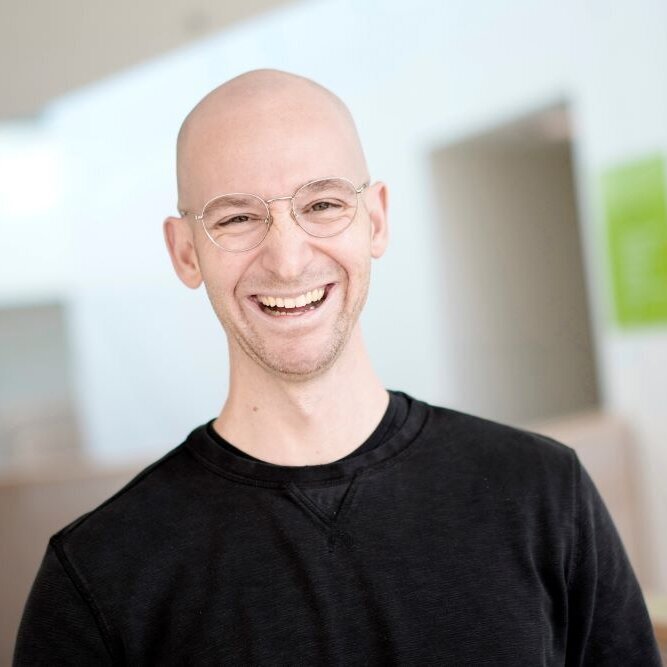Performance paradox - staging in the field of tension between process and product
This research project examines the staging processes of elementary music performances from the perspective of elementary music educators.
Elementary music is never music alone, but always combined with movement and language. As an independent form of music-making, elementary music-making, the practical form of elementary music education, is open to prerequisites, i.e. it can be learnt and experienced by anyone and is therefore possible for people of all ages, regardless of previous musical experience. By intensively perceiving, experiencing and understanding music in all its diversity, it opens up spaces for experience on a physical, emotional and cognitive level.

One of the guiding principles here is process-orientation. However, in the context of elementary music education, there are performance situations in various forms of performance. Like any form of performance, these require staging. This includes planning, testing and determining the performative production of the materialities that manifest a performance, considerations on the creation of specific meanings and strategies for dealing with the physical co-presence of performers and spectators. Against the background of the importance of the process-orientation of elementary music-making, specific challenges arise for the educators leading this process.
Based on these considerations, this dissertation uses a qualitative interview study to explore the questions of how elementary music educators organise the staging process of elementary music performances, what role considerations of the performance situation and elementary music-making play, what challenges arise as a result and how these are met.
First supervisor: Univ.Prof.in Dr.in Irena Müller-Brozović, ABPU
Second supervisor: Univ.Prof. Dr. Peter Röbke, mdw
Biography
Bernhard Ernst Scharl is a performer as well as a music and theater educator. His academic, pedagogical and artistic work consistently intersects the fields of music, theater, and education. In his view, these areas are not only equal but complement each other.
During his school years, he began studies at the Conservatory for Church Music in St. Pölten. He further pursued studies in Vienna and Berlin in solo singing, music theater directing and vocal pedagogy. He completed the latter with a master's thesis on the political dimensions of Hans Werner Henze's operas and a special focus on "music theater pedagogy" and "music.theater.film.gender," graduating with distinction.
Engagements have taken him to various stages in Austria, Germany, Italy, Spain, and Japan. He works both in professional theaters and in the independent scene as a performer, directs music and spoken theater, and regularly performs with various groups as an improvisational theater player.
Bernhard Ernst Scharl views pedagogical work as an artistic activity, with a focus on working with people of all ages, from infants to adults, as well as with integration groups. He is particularly committed to enabling everyone, regardless of age, social, cognitive or physical conditions, to participate in artistic processes.
The combination of artistic-performance work and pedagogical engagement has led to a particular research interest in artistic-pedagogical processes, staging strategies and performance studies.
Bernhard Ernst Scharl teaches various music and theater education subjects at the College for Elementary Education in Linz, as well as lecturing at pedagogical universities, and regularly publishes in (music) educational journals. He also teaches in the master's program for Elementary Music Pedagogy (EMP) at the Anton Bruckner Private University in Linz, where he works as a university assistant in the academic doctoral program. He is currently pursuing his PhD on the staging processes of elementary music performances.